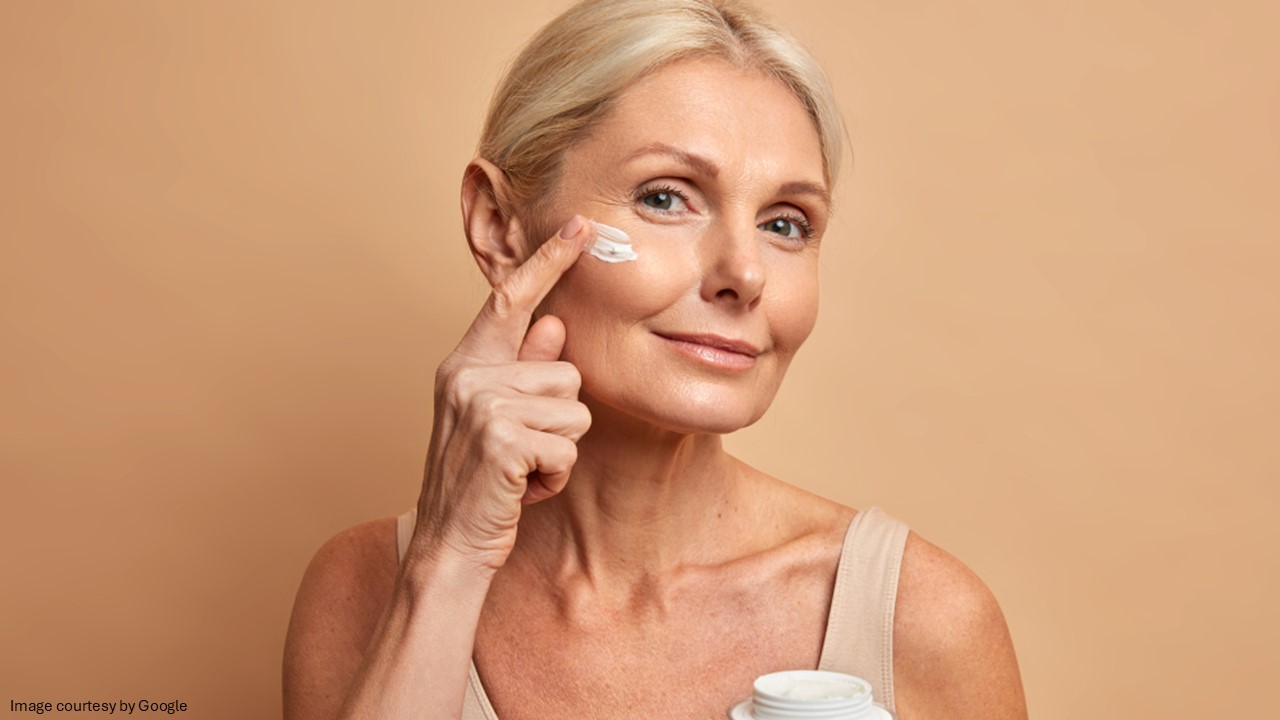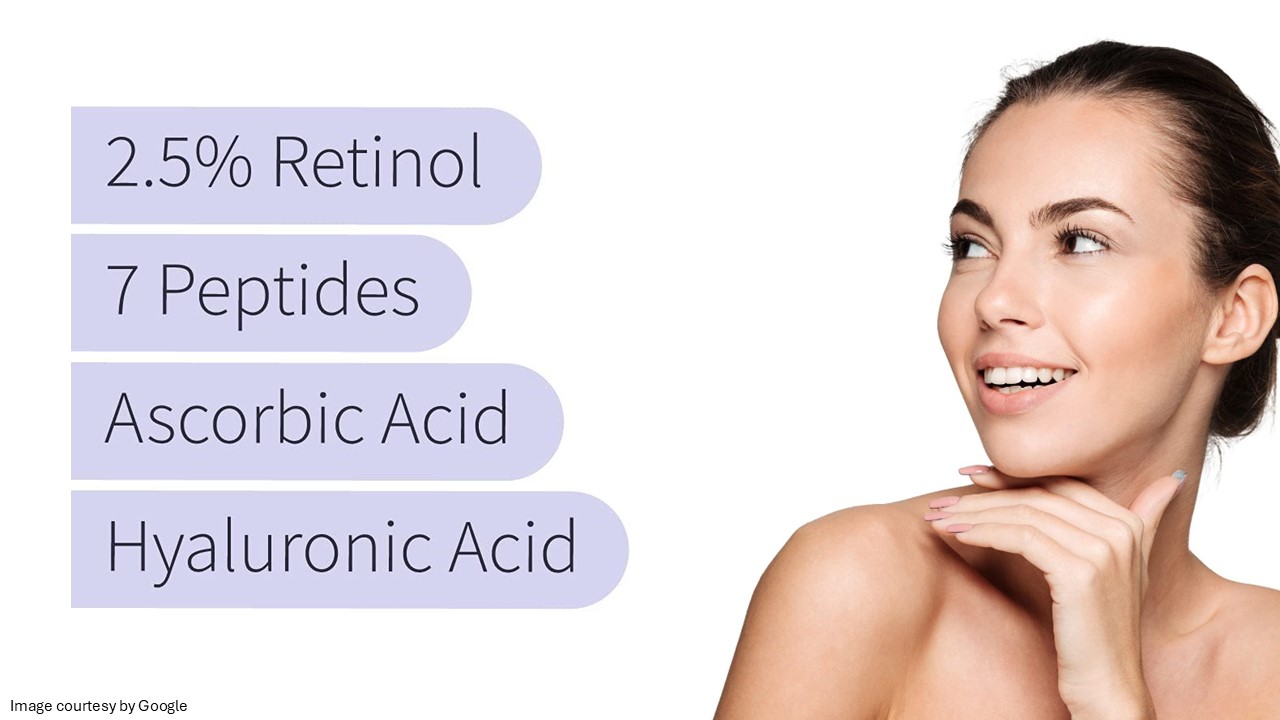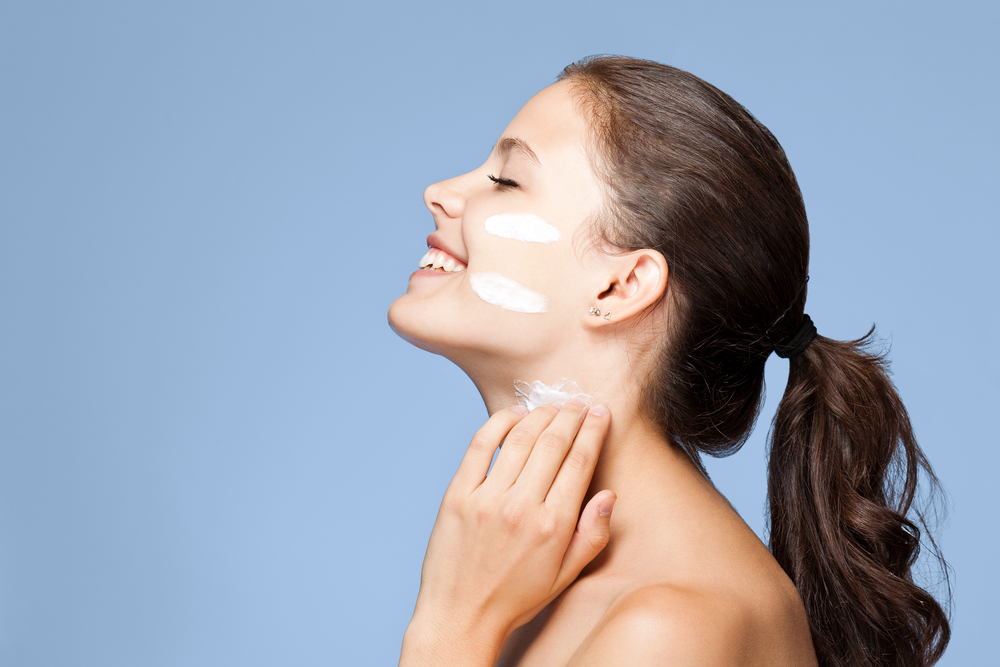Peptides, retinol, and hyaluronic acid are among the best skin care products, each with distinct benefits. Let’s explore the benefits of adding these three powerhouse ingredients to your skincare routine. Hyaluronic acid vs. retinol vs. peptides These three skincare ingredients — hyaluronic acid, retinol, and peptides — share many commonalities; all three benefit the skin barrier. However, they also share some fundamental differences, which will be discussed below. Peptides in skincare Let’s begin with peptides skin care. Peptides are short chains of amino acids that help build proteins, such as elastin and collagen, which are essential for maintaining firm and elastic skin. The body naturally produces collagen, and its production decreases with age. According to skincare experts, by the age of 50, we tend to lose around 25 to 30 per cent of our collagen deposits. The visible signs of collagen loss include sagging skin, decreased skin elasticity, fine lines and wrinkles. One can boost collagen production through skincare ingredients, including the use of peptides, retinol and hyaluronic acid. Advantages of using Peptides
-
- Reducing fine lines: Peptides help hydrate the skin, making it plump. Above all else, peptides have been shown to reduce the visible signs of fine lines and wrinkles by stimulating collagen production.
- Improves skin firmness: By stimulating the production of collagen, peptides work to make the skin tighter and firmer.
- Soothes inflammation: Inflammation is commonly reported in patients with various chronic skin conditions, including rosacea, acne, eczema, psoriasis, and others. Inflammation can cause discomfort, but peptides have been used to reduce inflammatory responses in the skin.
- Reduces skin pores: When skin’s elasticity is reduced, skin pores tend to appear larger. The good news is that peptides can improve elasticity, which helps reduce and modify the size of skin pores, leading to a more radiant complexion.
Hyaluronic acid for skin Even on a sunny day, your skin feels as hydrated as ever, all thanks to hyaluronic acid. The superstar ingredient can hydrate the skin, making it appear radiant and youthful. Hyaluronic acid is a component that naturally occurs in your skin; however, its level decreases with age. This decline in the naturally occurring substance may give rise to fine lines and dryness. Here is where the role of the topical hyaluronic acid comes into play. By applying it to your skin, you can restore the lost moisture that time has taken away. Benefits
-
- Hyaluronic acid serum, cream, or gel provides enough hydration, ensuring your skin stays supple and dewy.
- It is suitable for all skin types as it is gentle and compatible with most skin types.
- Because of the hydration boost it provides, the skin appears plumper, which reduces fine lines, wrinkles, and other signs of ageing.
Hyaluronic acid is an ideal choice for soothing red or irritated skin, making it a perfect option for individuals with sensitive skin types. Advantages of retinol for skincare Now, let’s turn our attention to retinol, often regarded as the gold standard treatment for acne breakouts and fine lines. Retinol is a derivative of vitamin A, and apart from its use as an anti-acne agent, retinol is widely known for its anti-ageing properties. A retinol serum or cream also stimulates collagen production and accelerates skin cell turnover, resulting in a significant reduction of fine lines, dark spots, and wrinkles. When it comes to treating blemishes, it works by opening clogged pores and preventing future breakouts. Let’s look at retinol serum benefits below: Key Benefits

-
- Fades fine lines and wrinkles
- Improves skin texture
- Even out skin tone
- Effectively deals with blemishes and prevents future breakouts
Retinol is one of the anti-ageing ingredients that comes in various strengths, but it is always recommended to start with a low concentration so that your skin can adjust to the medication. Over time, you can gradually increase the strength to get the desired results. What makes peptides, retinol, and hyaluronic acid different from each other? While all three skincare ingredients play a role in protecting the skin, they serve different purposes and follow different modes of action to care for your skin.
-
- Function: The primary function of retinol is to promote skin cell turnover and stimulate the production of collagen, making it an ideal choice for ageing and acne-prone skin. In contrast, hyaluronic acid is considered a magnet for moisture, hydrating the skin and keeping it plumper and suppler than ever. Peptides help repair your skin while soothing fine lines and deep wrinkles.
- Usage: Retinols are recommended for nighttime application due to their potential to increase skin sensitivity to the sun. On the other hand, Hyaluronic acid can be applied both in the morning and evening and can also be layered under other skincare products to maximize hydration. Peptides need to be added twice a day to really boost the collagen production.
- Suitability for different skin types: Retinol can sometimes be irritating, especially for individuals with sensitive or dry skin, and should be gradually introduced into your daily skincare routine. Hyaluronic acid is generally well tolerated by all skin types, including those with sensitive skin. Peptides enhance your skin’s moisture while plumping the skin to visibly smooth fine lines and wrinkles, without any side effects.
Finding the right balance!
Now that we have explored the individual benefits of all three skincare ingredients, you might wonder what is suitable for you. Well, the answer depends on your skincare goals and concerns.
-
-
- For hydration: If you are looking to boost hydration, consider hyaluronic acid. If your goal is to hydrate the skin and achieve a plump, dewy appearance, then you can befriend hyaluronic acid. You can incorporate it into your skincare regimen in the form of a hydrating serum or moisturizer.
- For ageing concerns: For those looking to fade signs of ageing, including fine lines and wrinkles, retinol is your best choice. Among all other anti ageing products, retinol can do wonders to repair your ageing skin. Begin with a lower concentration to avoid the risk of skin irritation and gradually increase as your skin adjusts to the previous concentration.
- For sensitive skin: individuals with sensitive skin seeking age repair can opt for peptides to plump the skin’s structure. By stimulating collagen production and strengthening the skin, peptides help resolve age-related skin issues without being harsh on the skin.
-
Consider a combination of ingredients The secret to healthy skin is revealed: you don’t really need to choose; in fact, you can use these ingredients to achieve radiant and glowing skin. Start your skincare routine with a hydration boost of hyaluronic acid, followed by retinol, to target ageing concerns. If you have sensitive skin, consider using peptides to achieve a youthful-looking complexion. Remember, it’s all about finding the right product and dermatologist skincare routine for your specific skin concerns. Moreover, patience is the key. Any skin treatment takes time; you need to be patient and use the product(s) regularly to achieve optimal results. Hoping this blog will help you explore your selection and discover the best anti ageing products for your skin.




